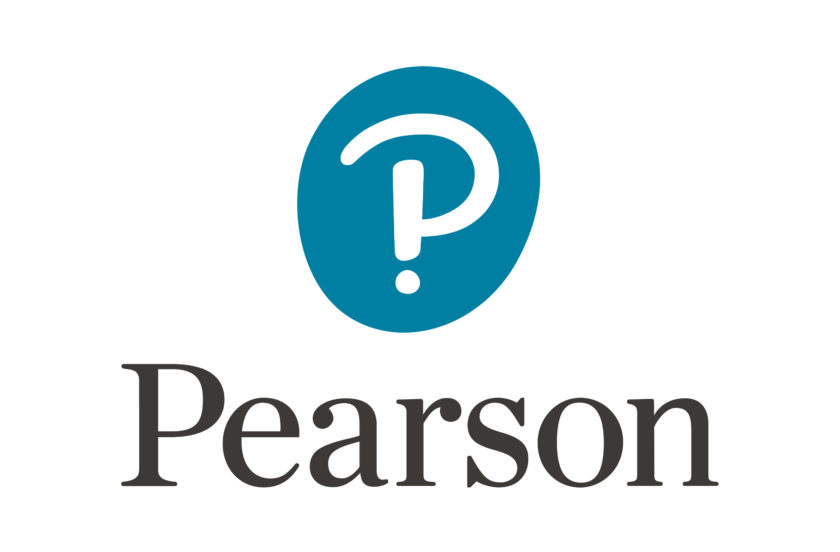This report examines the current role vocational education plays in preparing young people for higher education, and how students can be helped to pursue the most appropriate learning and career path.
Our analysis reveals that vocational qualifications are particularly important among students with demographic characteristics often associated with greater disadvantage.
This research identifies some of the existing challenges associated with the vocational route into higher education including qualification design, prior attainment and current progression routes. The report draws on insights from universities to assess how the vocational route is currently working and looks to identify what more can be done to make sure student’s succeed in their studies.
We look towards the future to understand the risks and opportunities associated with the forthcoming changes to post-16 skills policy. Splitting the education system at Level 3 into an academic and a technical pathway may result in additional challenges for students wishing to enrol to a higher education course after studying a vocational qualification. At present, it is unclear how the new technical qualifications (T levels) will compete with their counterparts within the academic pathway (A levels and Applied Generals), and how universities will incorporate technical qualifications into their admission processes in the future.

